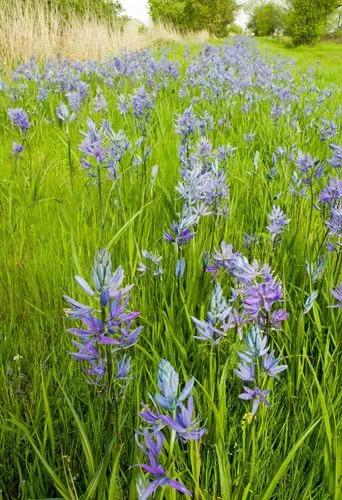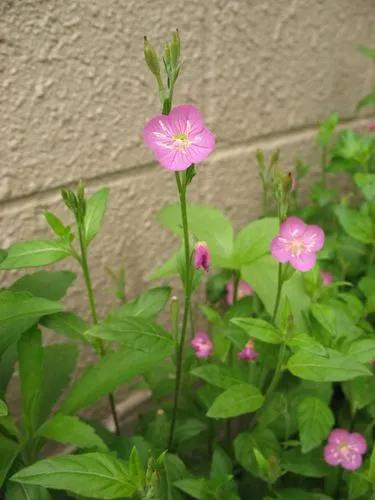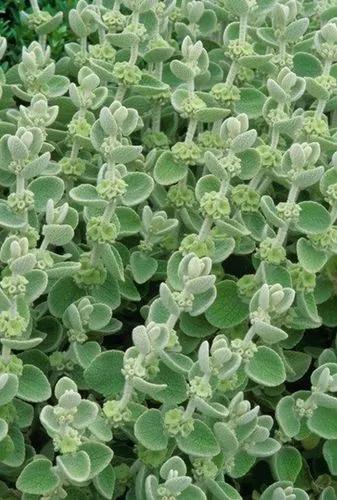Alliaria petiolata, or garlic mustard, is a biennial flowering plant in the mustard family. Plants can be easily recognized by a garlic odor that is present when any part of the plant is crushed.
Garlic mustard Care
Alliaria petiolata



In the first year of growth, Alliaria petiolata plants form clumps of round, slightly wrinkled leaves, that when crushed smell like garlic. The plants flower in spring of the next year, producing cross shaped white flowers in dense clusters. As the flowering stems bloom they elongate into a spike-like shape. When flowering is complete, plants produce upright fruits that release seeds in mid-summer. Plants are often found growing along the margins of hedges, giving rise to the old British folk name of jack-by-the-hedge. Other common names include: garlic mustard, garlic root, hedge garlic, sauce-alone, jack-in-the-bush, penny hedge and poor man's mustard. The genus name Alliaria, "resembling Allium", refers to the garlic-like odour of the crushed foliage. Garlic mustard is one of the oldest spices used in Europe. In the 17th century Britain, it was recommended as a flavouring for salt fish. It can also be made into a sauce for eating with roast lamb or salad.
How to Care for the Plant

Water

The plant prefers moist soils so can be cultivated in the areas with enough rainfall.

Sunlight

It is shade tolerant, growing in either full or partial shade.

Soil

The plant prefers a rich damp alluvial soil.

Temperature

The plant is not frost-tender and can be found in the areas with the lowest winter temperatures of −20.6°C (−5°F).

Popularity

1,499 people already have this plant 329 people have added this plant to their wishlists
Discover more plants with the list below
Popular articles






